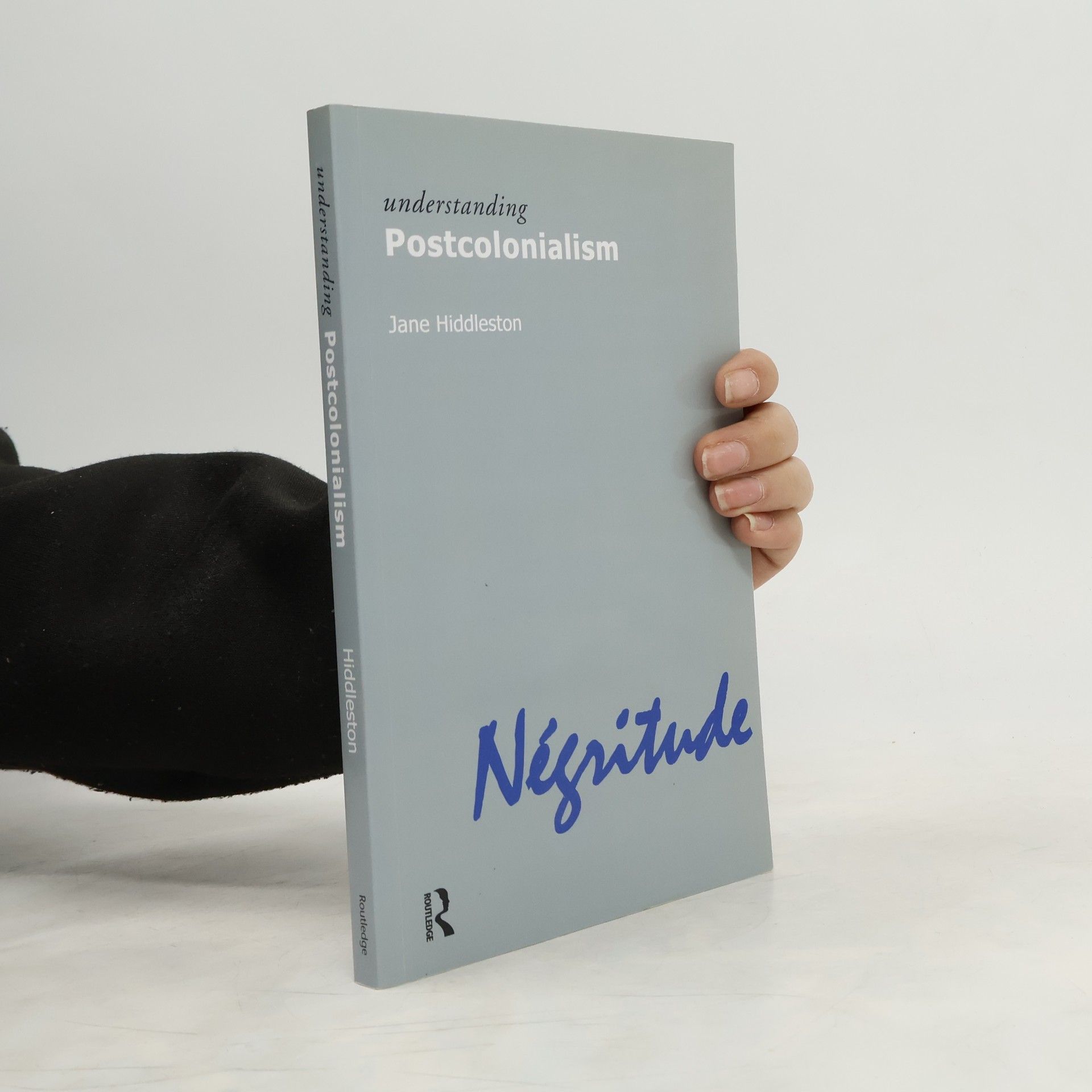Understanding Postcolonialism
- 224 pages
- 8 hours of reading
Focusing on the philosophy of postcolonialism, this book delves into the complex and often contradictory ideas surrounding colonial and neocolonial power dynamics. It critically analyzes how concepts of self and other contribute to ongoing inequalities and violence, while exploring the discourses that sustain these issues. By examining these conflicting systems of thought, the work seeks to provide a deeper understanding of postcolonialism's impact on contemporary society.

